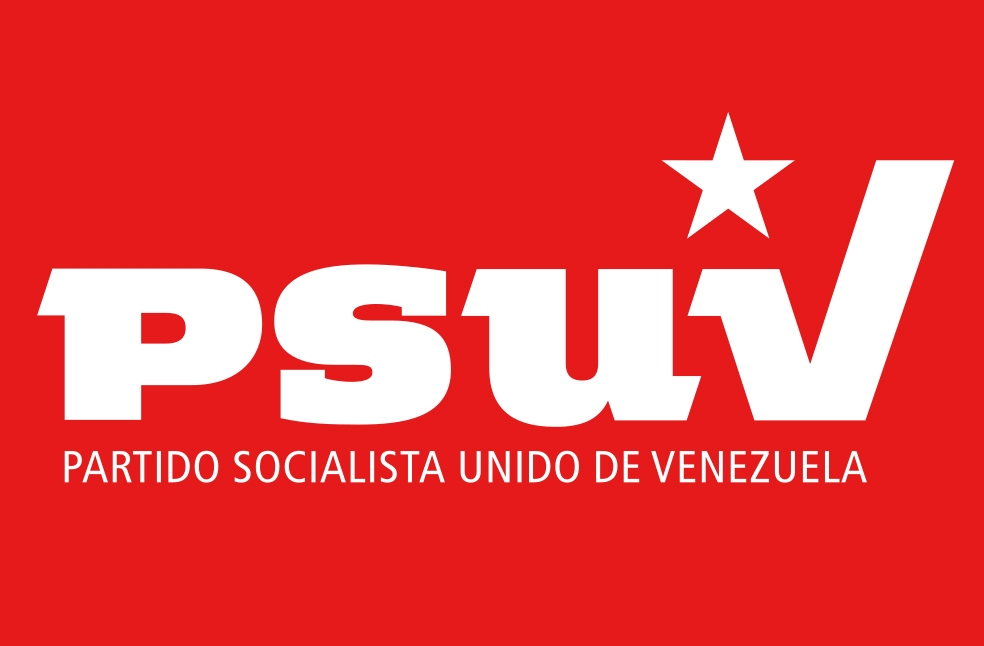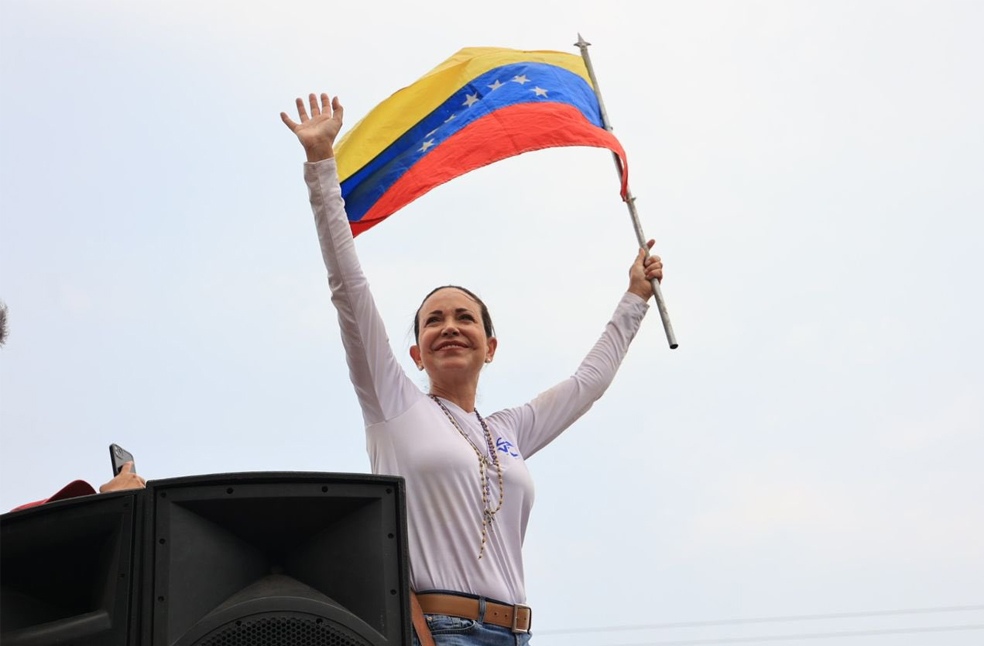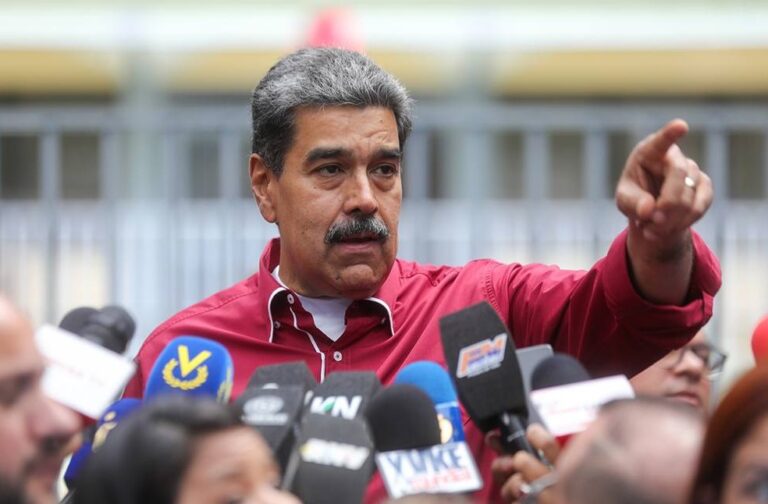Caracas, Venezuela: Venezuelan President Nicolás Maduro’s ruling United Socialist Party of Venezuela (PSUV) achieved a sweeping victory in the recent parliamentary and regional elections, which were widely boycotted by opposition parties.
Preliminary results from the National Electoral Council (CNE) showed the PSUV and its allies garnered 82.68 percent of the votes cast for seats in the National Assembly, securing control over crucial institutions, including the attorney general’s office and the Supreme Court, whose members are appointed by the 285-seat legislature.
The CNE also reported that the government won 23 of the 24 state governorships, marking a significant setback for the opposition, which previously governed four states.
Voter turnout stood at approximately 42 percent, with 8.9 million of 21 million eligible voters participating, matching the turnout figure from the 2021 elections, according to CNE chief Carlos Quintero.

Opposition leaders had called for a boycott in protest of the legitimacy of July’s 2024 presidential election, which they claim they won but which was officially declared in Maduro’s favor.
Opposition figurehead María Corina Machado condemned the elections as an ‘enormous farce’ intended to mask the regime’s defeat in the presidential race, highlighting that up to 85 percent of voters abstained in some regions.
Maduro, however, dismissed the boycott, and stated that, “When the opponent withdraws from the field, we advance and occupy the terrain.” Journalists and social media noted low turnout in Venezuela’s major cities, although government party posts showed large crowds voting in areas like Trujillo and the Amazonas.
The opposition’s boycott call was complicated by internal divisions, weakening efforts to mount a strong challenge to Maduro. Analysts expressed doubts about the elections’ fairness and freedom.

Tensions were high on election day, with over 400,000 security personnel deployed to monitor the vote and more than 70 arrests, including that of opposition leader Juan Pablo Guanipa, accused of heading a ‘terrorist network’ planning to sabotage the elections.
The government also cited the infiltration of suspected mercenaries from Colombia and temporarily closed the border until after the elections to maintain security.
Despite Maduro’s political success, Venezuela’s economy continues to suffer from mismanagement and international sanctions. The United States recently revoked Chevron’s license to produce Venezuelan crude, threatening a critical economic lifeline for Maduro’s administration.
Additionally, the US ended deportation protections for approximately 350,000 Venezuelan migrants and deported hundreds more to a maximum-security prison in El Salvador, intensifying pressure on the government.



